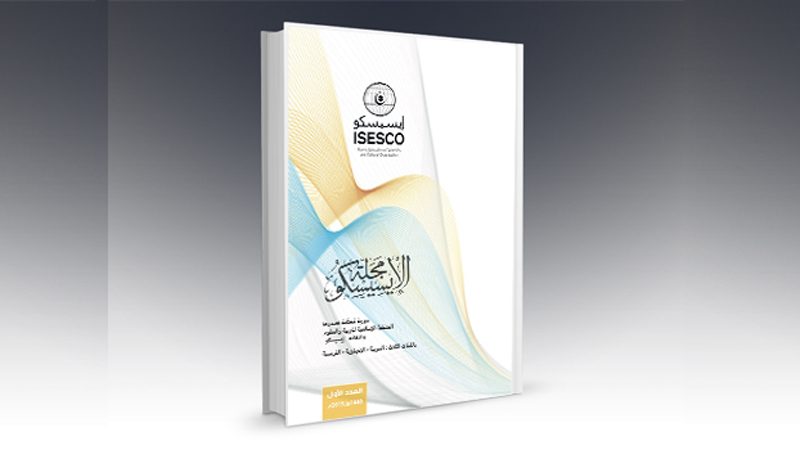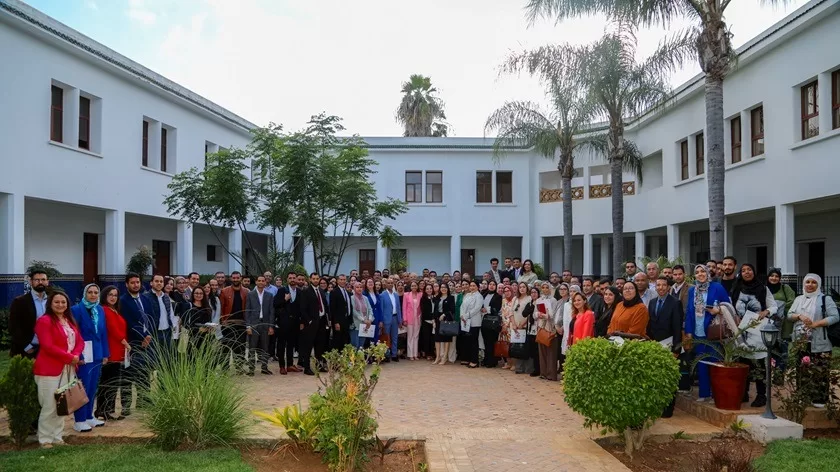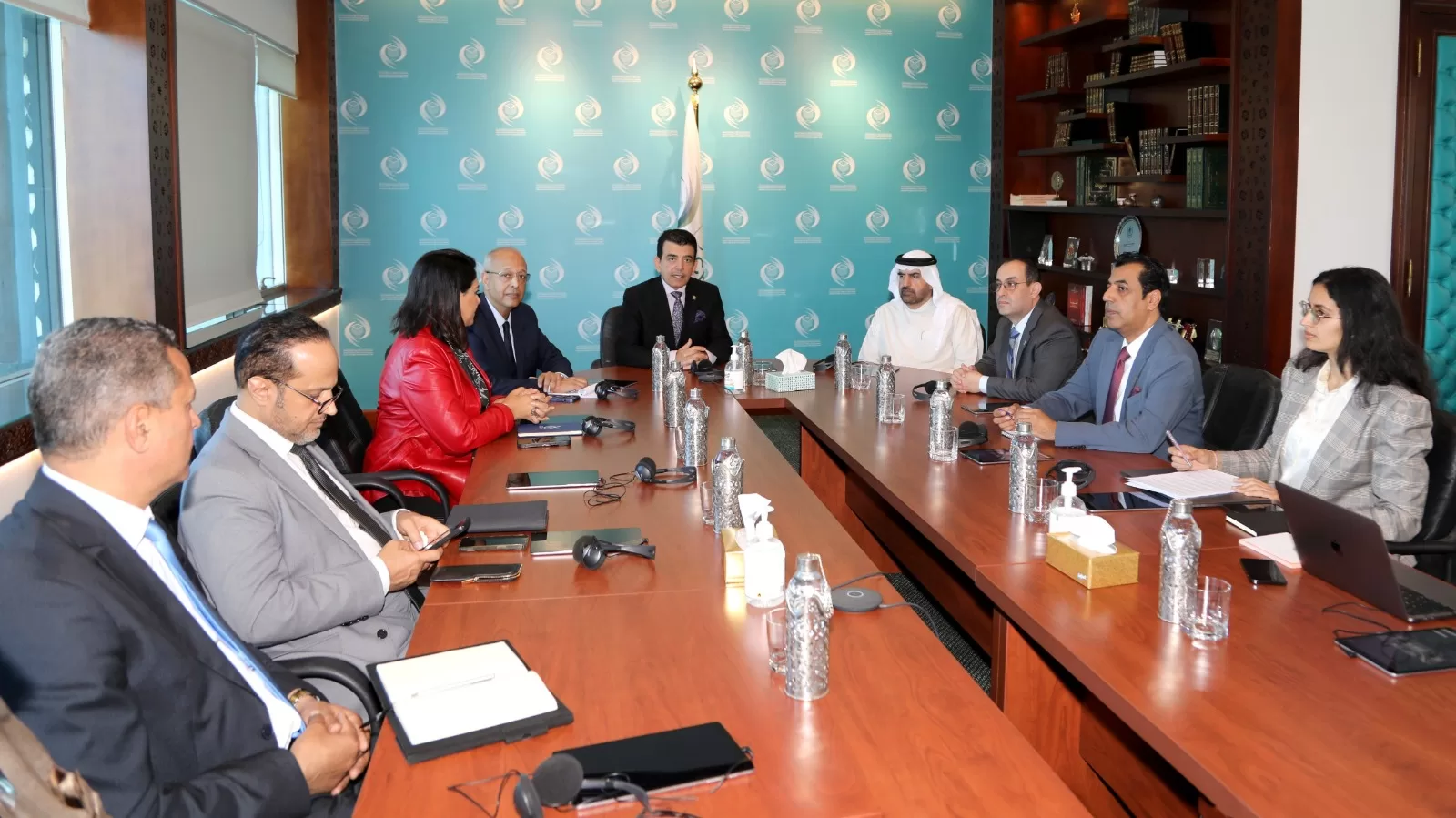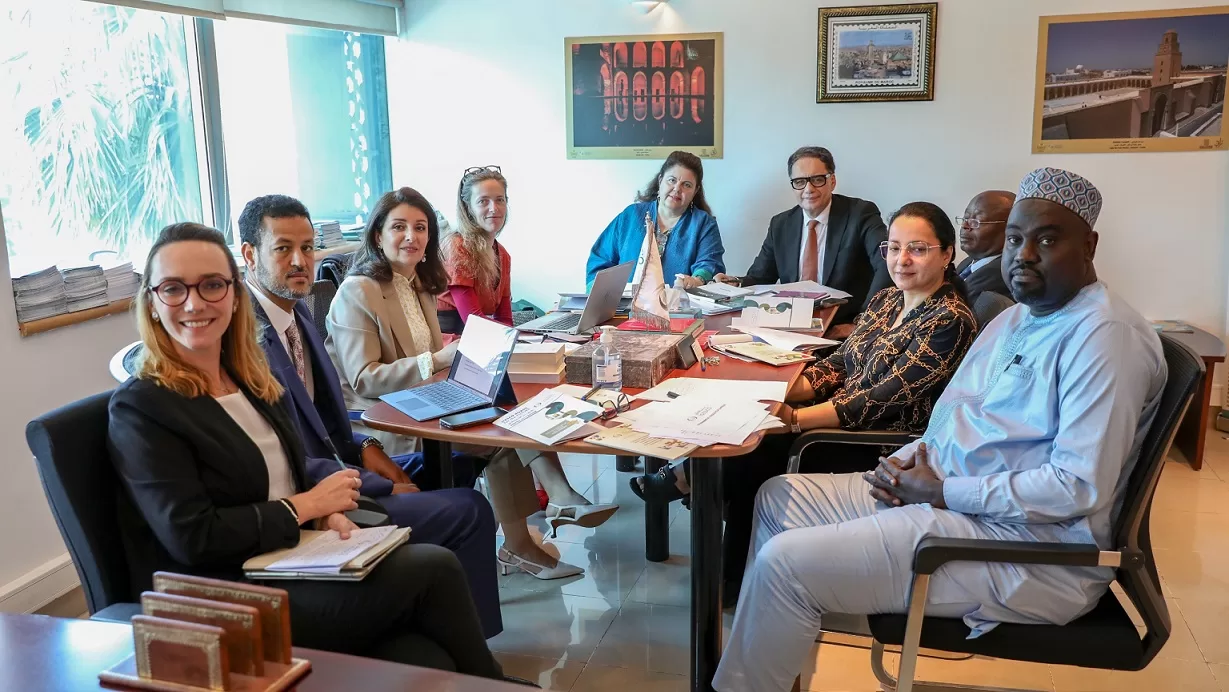
Publication of Issue 1 of ISESCO Journal issued in Arabic, English and French

25 October 2019
The Islamic Educational, Scientific and Cultural Organization (ISESCO) published the Issue No. 1 of ‘ISESCO Journal’, a refereed academic periodical in Arabic, English and French.
This issue includes the following articles: “Religion, renaissance and middle stance” by Dr. Fahmi Jadaan; “Al-Quds Al-Sharif: View from wider perspectives” by Dr. Mohammed Amara; “Hate speech in pluralist societies” by Dr. Mohammad As-Sammak; “Inter-civilizational dialogue: Classification approach and foundational propositions” by Dr. Ahmed Abbadi; and “Education and civilization in Muslim societies” by Dr. Khalid Aazeb.
The Journal, published from 1983 until 2018 under the name ‘Islam Today’ in ISESCO’s three working languages, republished a chapter entitled “Views on Modern Civilization” from the book “the Orient and the Occident” by Dr. Ahmed Amine.
This issue also features the full text of “Makkah Charter” issued by the “Conference of Makkah Charter”, convened last Ramadan in Makkah Al-Mukarramah, prefaced by ISESCO Director General and translated into English and French.
The Op-Ed, entitled ‘New Vision’, was written by Dr. Salim M. AlMalik, ISESCO Director General, explaining in details the philosophy and dimensions of ISESCO’s new vision. Dr. AlMalik made it clear that: “the New Vision is based on a strategy that fits the nature of the current stage, the purpose of the mission and the specificity of the work to be undertaken, in order to achieve interim goals that serve the overall philosophy underlying the tasks assumed by those in charge of the implementation of this strategy. Today, the requirements of civilization include the adoption of a scientific planning approach, use of prospective thinking, drawing on field statistics and specialized studies and functional research to join the society of knowledge and achieve the objectives that meet the vital needs of countries. Indeed, it is the right approach which, if applied in Islamic countries and adopted as a philosophy, method and standard of action, will meet the aspirations of Islamic nations for comprehensive, inclusive, balanced, integrated and sustainable development, to benefit present and future generations. It is the rational development that targets growth and progress in the present and the future, in a steadfast and upward movement with unfailing enthusiasm, determination, resolve and hope.”



